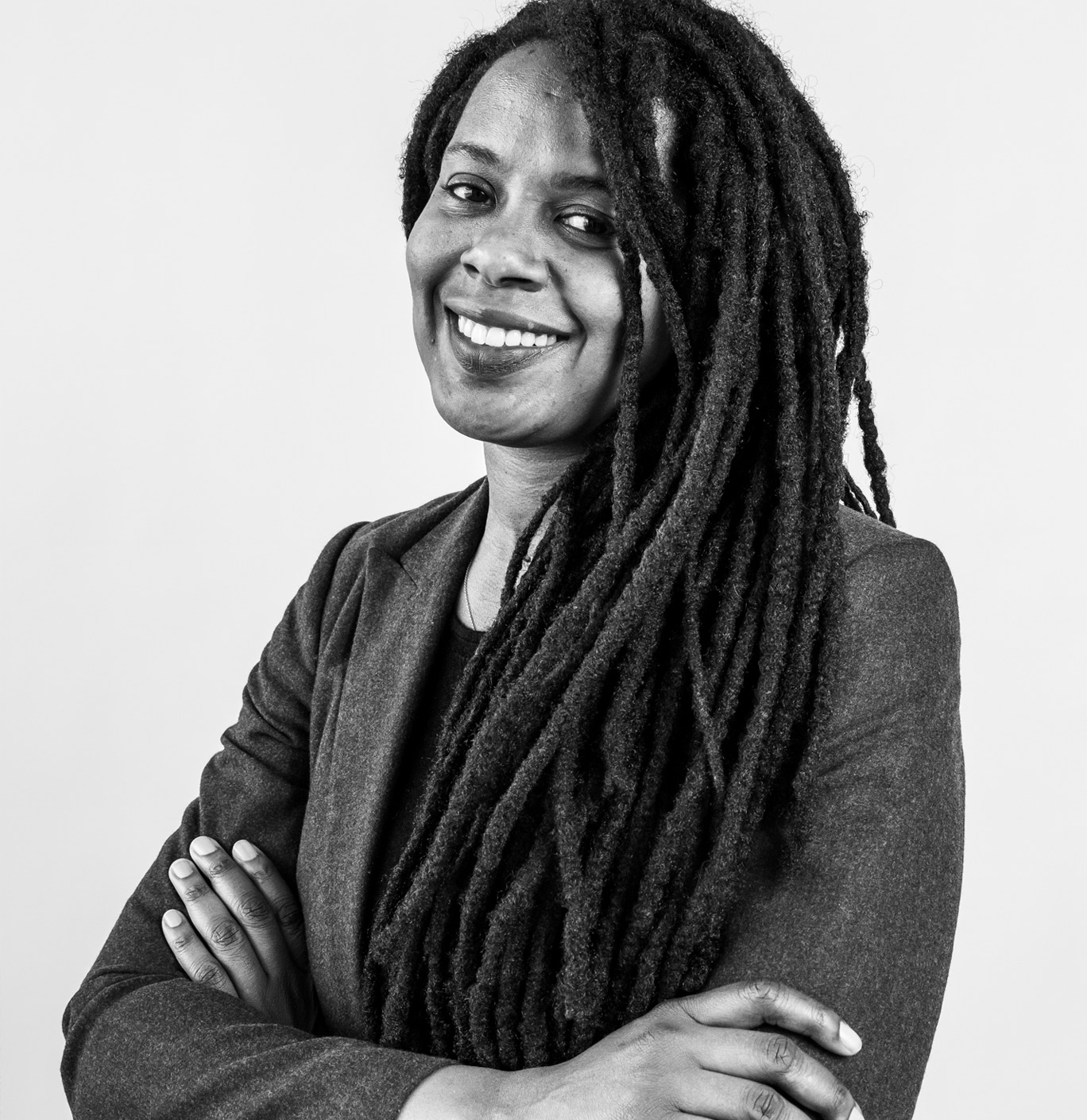
Mom, Daughter, and Executive Leadership Team Member and Director of Communications at the California Preterm Birth Initiative
– Areca
The Black maternal health crisis has an awareness challenge. You can’t fix something that no one knows about. You can’t fix something that no one talks about. You can’t fix something that is slipped under the rug and has no visibility.
A big part of supporting the work that everyone in our organization is doing is helping to amplify the problem, hopefully in a way that does not scare people but in a way that builds awareness while offering resources and opportunities for engagement.
Another big part of the work is translating what is happening for people who don’t understand or are new to this issue. There is an element of bridging the efforts, that often very technical, with communities central to the work that are experiencing the crisis. Those things need to connect but they don’t always. Communications is that bridge to help create a network, broaden the work, and keep the pressure so the effort continues.
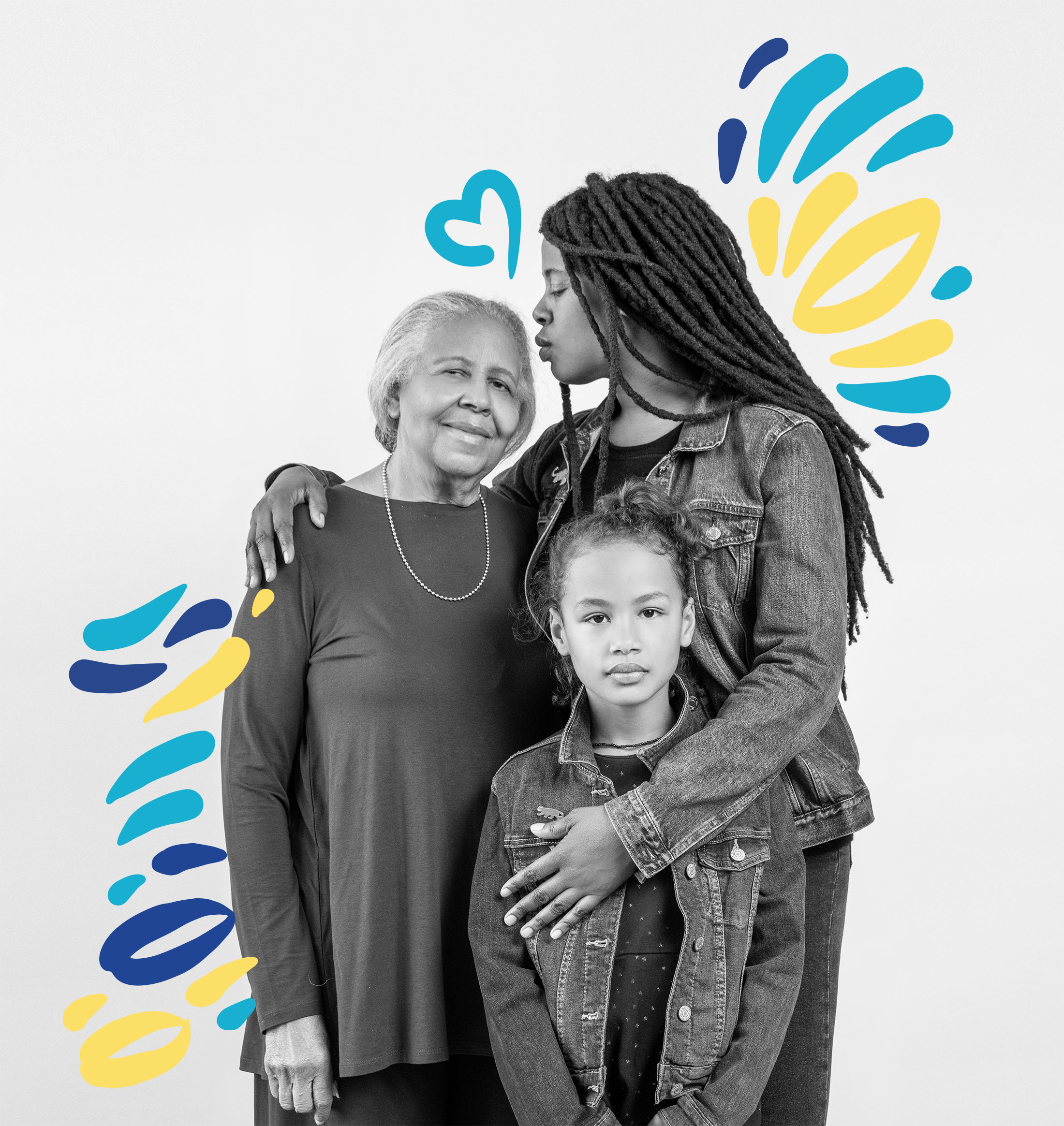
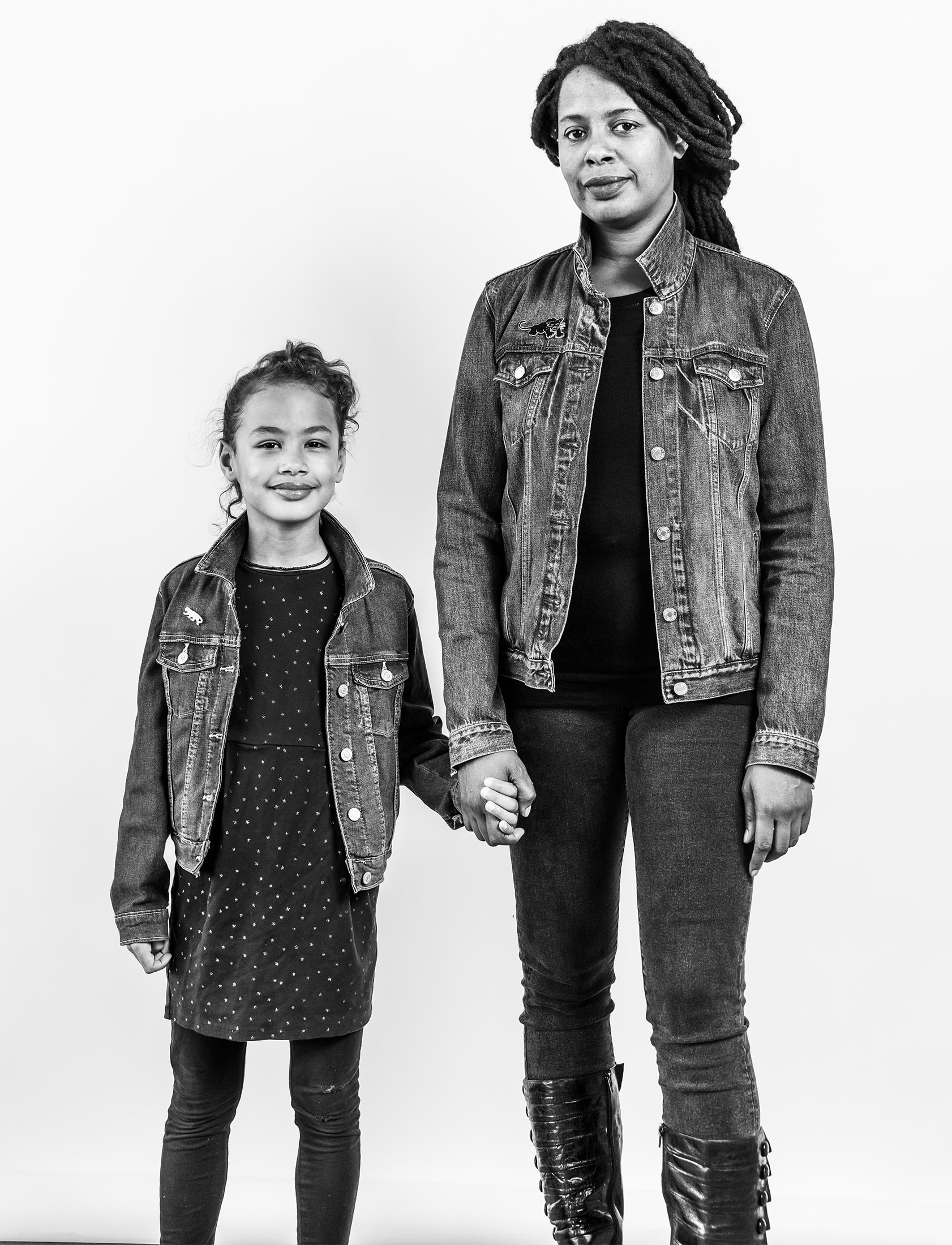
I didn’t know if I would ever be able to get pregnant because of fibroids and the fertility challenges that they caused. Somehow, magically, I conceived. Yet the entire time that I was pregnant, I felt that things were going to go wrong. I felt imperiled, and while I had real faith and confidence in the strength of my child-to-be, I had a deep concern that I would not survive my pregnancy. It was to the point where I refused to have baby showers and related activities.
When my water broke at 28 weeks, it was my fears come true. Before that, I tried to be proactive because I had concerns that I could experience placenta accreta after the fibroid correction. When I asked for a referral to a perinatologist (an obstetrician who specializes in caring for pregnant women at high risk for complications), I was told that I didn’t need it, and my request was denied. I was so surprised, but I trusted my obstetrician. I did get a midwife, Jaime Shapiro, whose support I was so grateful to have. That kind of support isn’t inexpensive. I was so lucky to be able to pay for it since insurance didn’t cover it. It’s worth noting that having a midwife was frowned upon by the doctors, but I wouldn’t have had it any other way.
A lot of things went wrong during my pregnancy, but it really hit the fan when my water broke at 28 weeks, and I ended up hospitalized. I’m so grateful I didn’t give birth right away because every day she stayed in utero was a day her lungs and brain continued to develop and get stronger. I had my daughter at about 32 weeks, so about 8 weeks early. After my C-section, I learned that I bled so much that I lost 40% of my blood by volume. I required two blood transfusions in the days after birth just to try to feel somewhat functional, and my child went to the NICU.
It is really hard to accept that you aren’t safe. It is really hard to accept that it didn’t matter how much money I made or had or that I was housing secure. It didn’t matter that I never had a day in my life without insurance. It didn’t matter that I had family support and a midwife. None of it mattered. None of it kept me safe.
No one should go through birth like this. People shouldn’t have to have these experiences. Black women shouldn’t have to have these experiences. No one should fear for their life just because they are pregnant in America.
I got into birth justice work when I joined the NICU family advisory council at Alta Bates in Berkeley. That’s where my daughter was born. I had been so engaged in her care and engaged in the experience — what went well and what didn’t — they told me about the family advisory council while she was still in the hospital. I had seen information in the lunchroom, so I inquired and expressed an interest in joining. I joined a year later. I’ve been co-chair for years now with a NICU staff member who is in charge of nurse education.
The NICU work wasn’t initially focused on Black and Brown birth outcomes and birthing experiences. But I always brought my experience as a Black woman to my participation and to the support we were offering family members who were in the NICU and in the hospital.
I later joined the birth equity collaborative, which is focused on birth disparities related to race and racism. It is part of the CMQCC initiative that includes a range of hospitals across the state. I think I might be the only person who has had a preterm birth who participates.
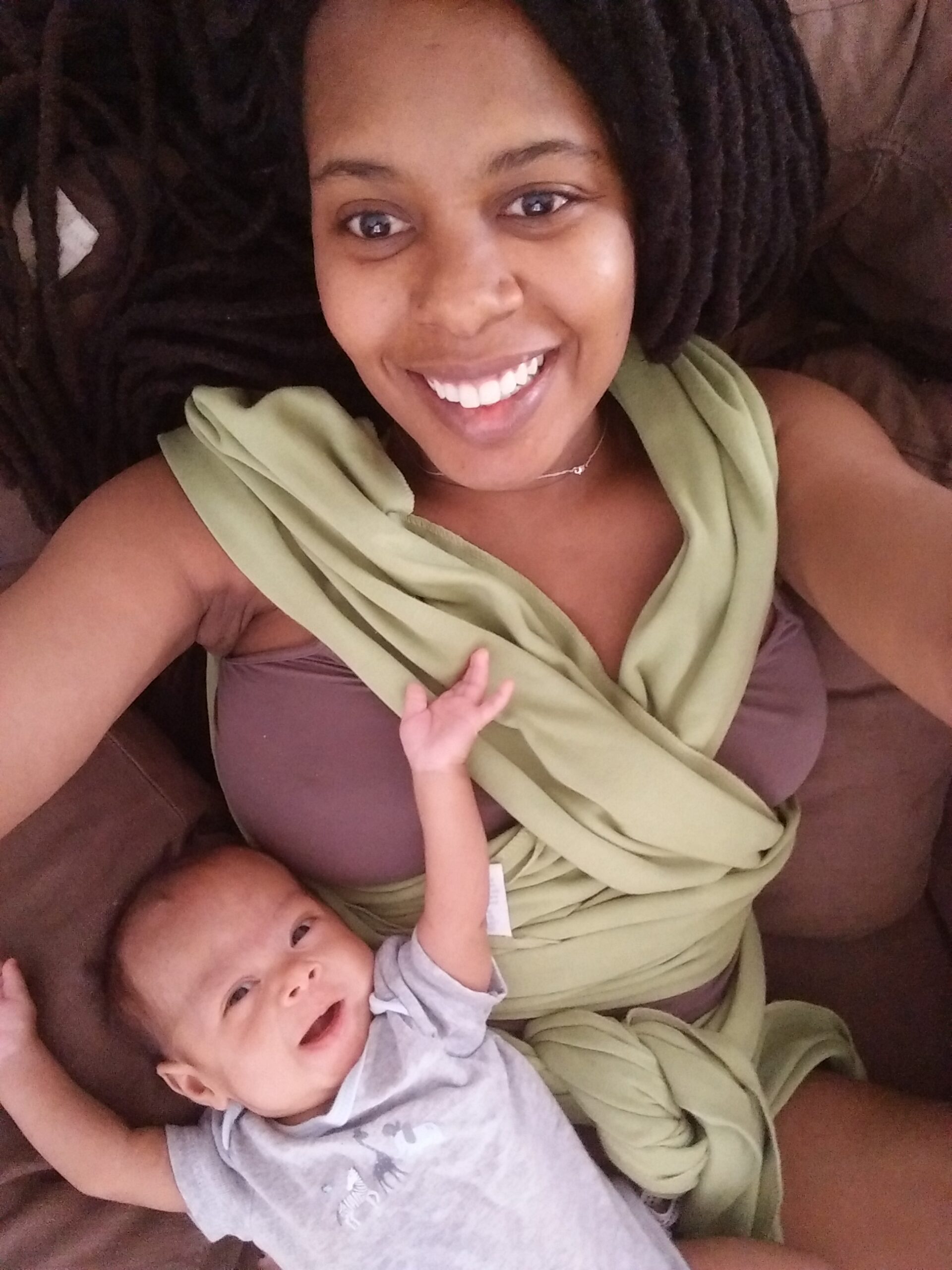
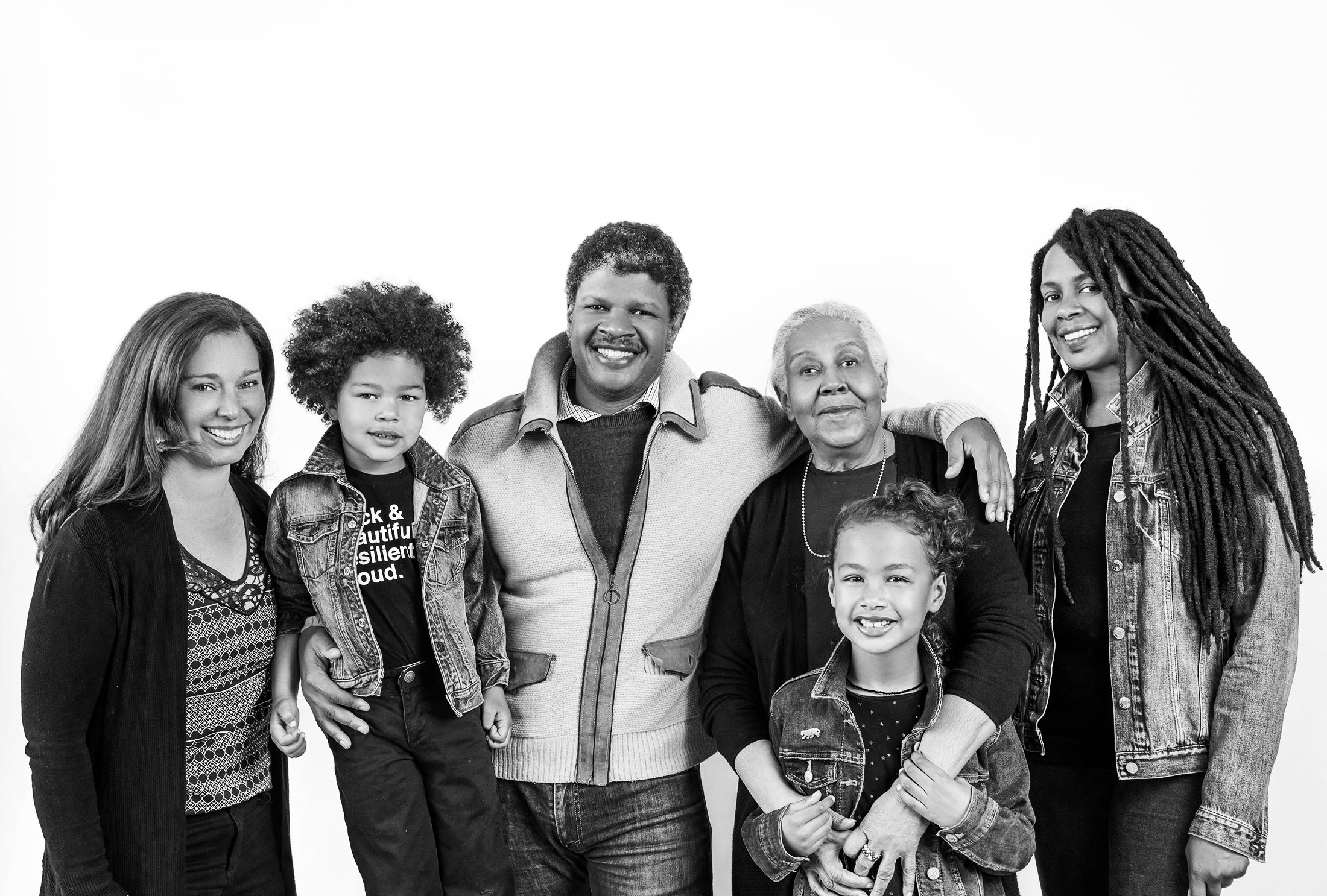
I found the job listing for Director of Communications of the California Preterm Birth Initiative (PTBi) in the fall of 2021. When I saw it, I immediately felt like this was the thing I had been waiting for. I hadn’t heard of PTBi, but I saw the role and immediately felt it was this was my opportunity to pivot my day job to my volunteer interest. Now I get to contribute to birth justice work in a meaningful way every day in many ways.
It is so rewarding to work in partnership with incredible people who have so much passion for birth justice, so much commitment, and so much knowledge. I am always learning. The people I work with are putting everything they have into trying to protect and create a safer world for people who look like me and my daughter.
It is also rewarding to be creative and do something different every single day all in service of change, change for Black Americans and Brown Americans. There are lots of ways to serve but I get to do what I love in service of something that is extremely important.
As far as the influences I had growing up, my family was always politically aware. I remember there was a time as a child when I really wanted to eat grapes. My mom had not been buying them for so long. My mother refused my request and explained that there were workers in California — we were in Baltimore — who were being mistreated, and we were boycotting this fruit in solidarity and support of their struggle. It seems like a small act, but it left such a big impression on me.
My mother understood the importance of representation. Every time a Black person appeared on the cover of a magazine that rarely featured Black people, she made sure we bought it. She never bought Vogue, but if there was a Black person on it, then it was in the cart. She knew that, for better or for worse, money talks. She taught me that there are lots of ways to be engaged, and they all make a difference.
She is also the person who took me with her to vote. I stood in the little booth with her watching her fill in the circles. It was her bringing me along and having these lessons and seeing everyday decisions have an impact that led me to always look for work that was meaningful and impactful.
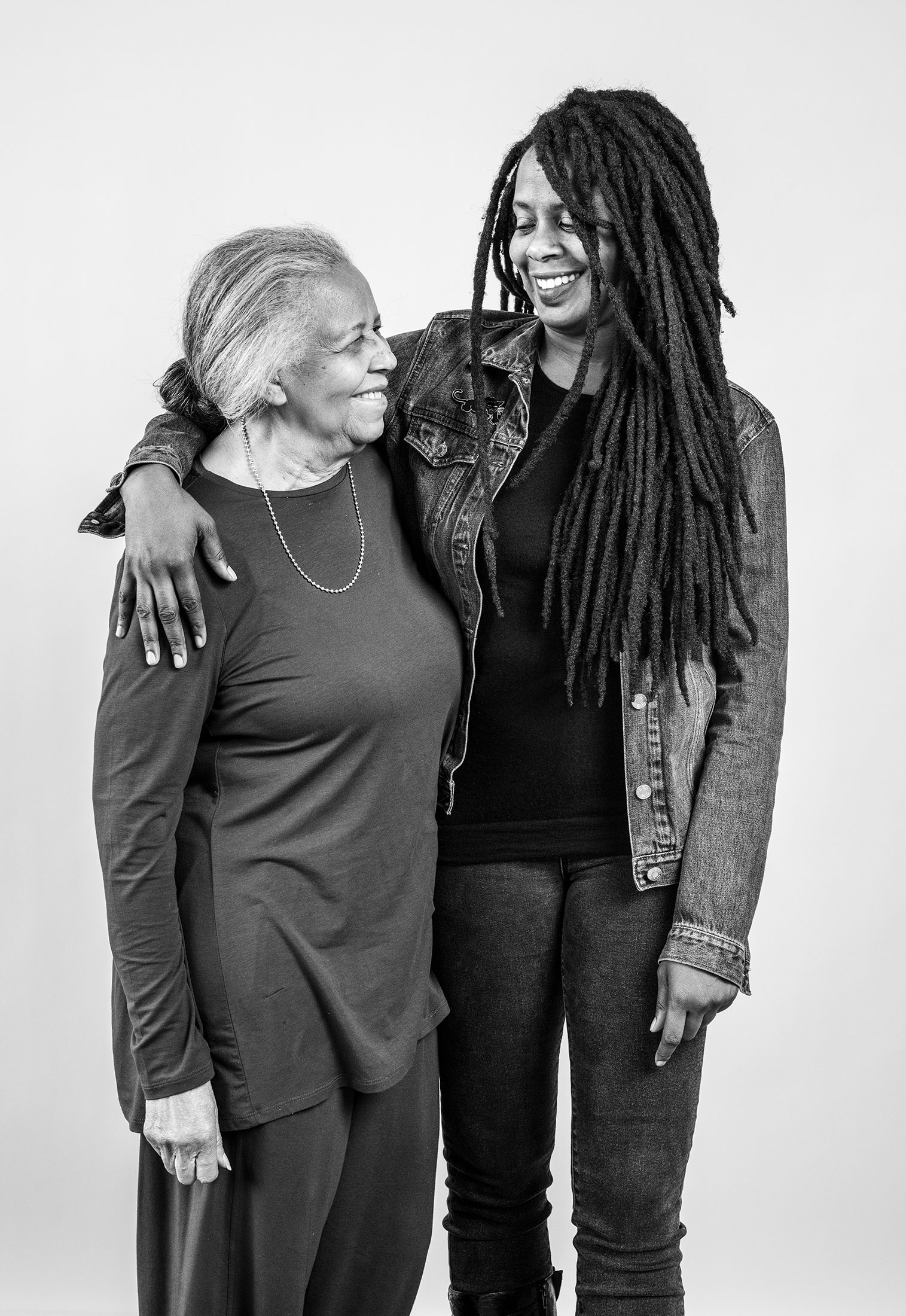
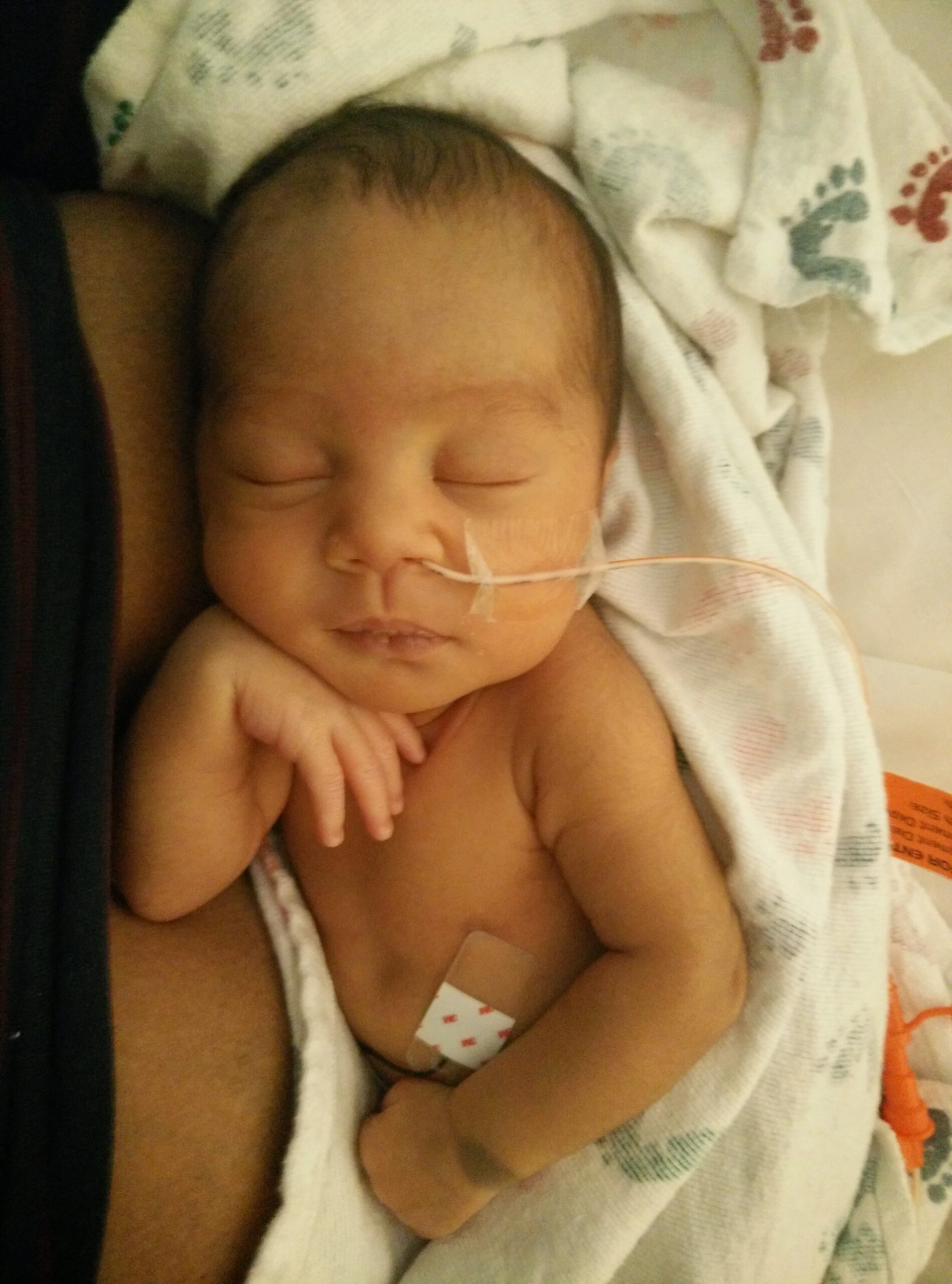
The Black maternal health crisis and the Black infant mortality crisis are both extremely complex problems. If you acknowledge racism as the root cause, you then have to do all the same things that you would do to try to fix racism, to fix this crisis. You can’t just do one thing to fix racism. It is an incredibly comprehensive structural, societal system of oppression. It is a whack-a-mole situation in some ways.
All medical providers who provide reproductive care — not just perinatal care — should be a part of this conversation. There are so many people who are a part of the conversation related to access to abortion. All those people should be a part of this conversation, too. When we talk about people missing from the conversation, the problem is that there are so many people who don’t care.
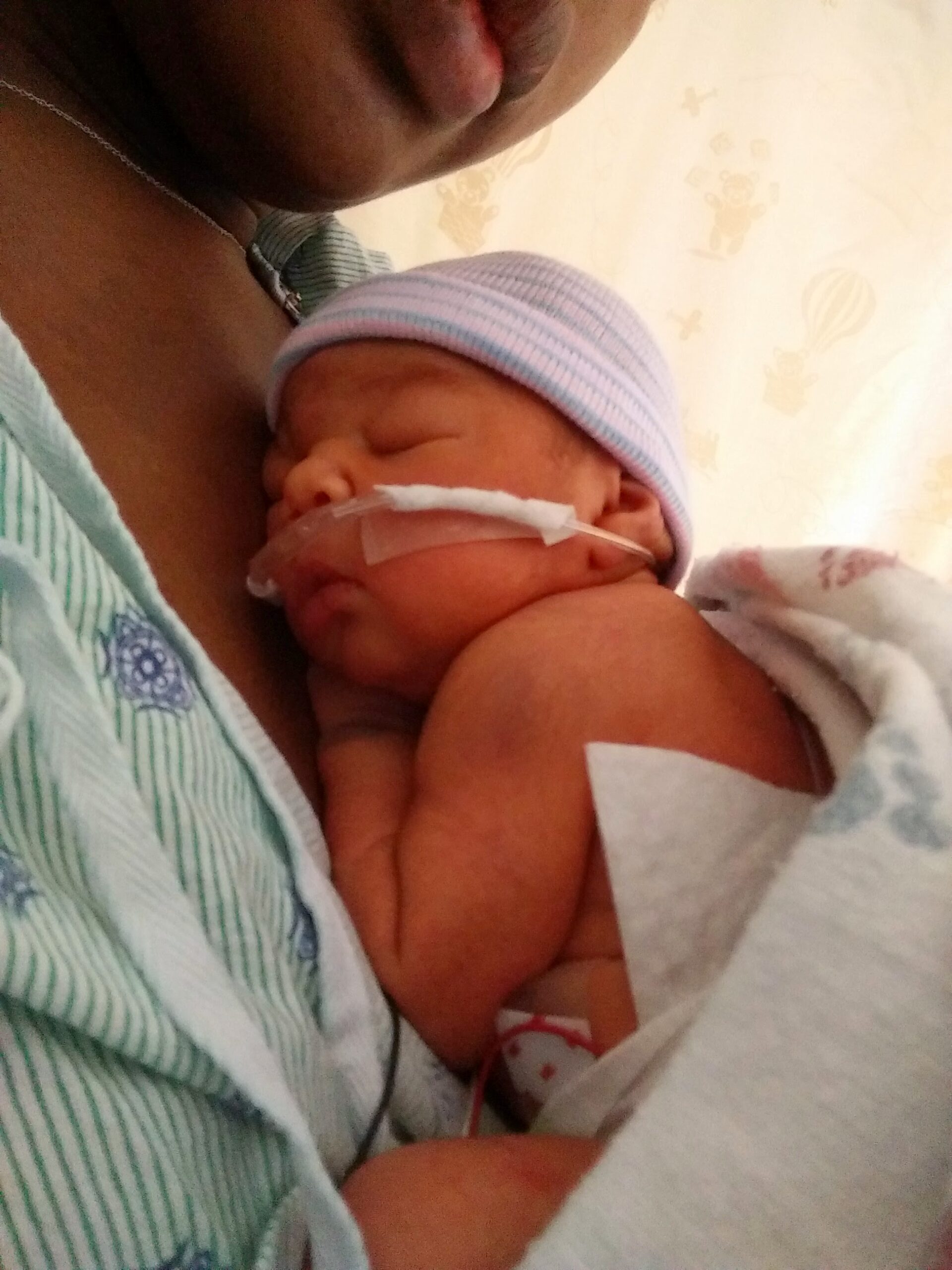
The hard truth is that if you are Black or Indigenous in America, it is hard to assure anything about your birth, your life, your safety, your well-being, or your health. It is really hard. That is the whole problem that we are trying to tackle.
If I could go back — and very rarely do I ever want to go back — I would advocate more strongly for myself. When I knew I needed a perinatologist because my birth was high-risk and my obstetrician didn’t listen to me, I didn’t fight her on it. I wish I had. My gut and my research were right. I wish I had pushed for the referral. If she didn’t give me the referral, I wish I had figured out a way to switch to another doctor and get the referral.
If people are not listening to you, and you don’t feel heard, change the circumstance as best you can. It is not always easy, but it is also usually not impossible either.